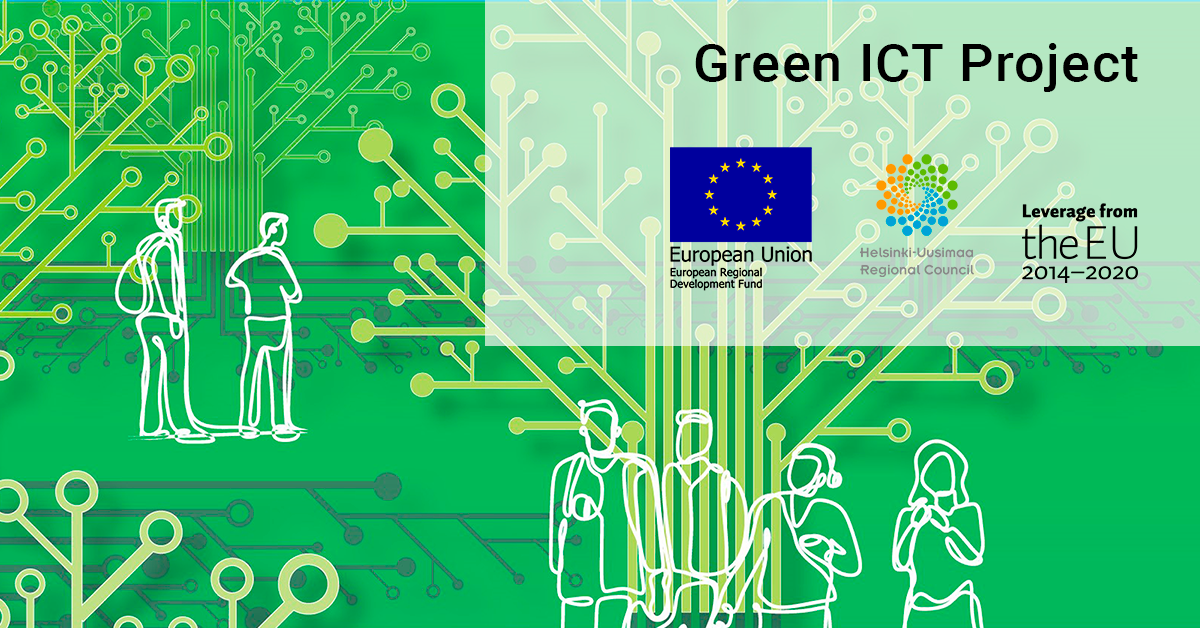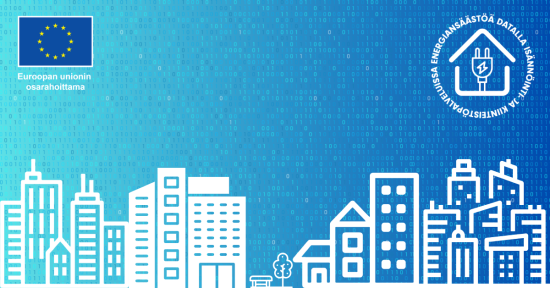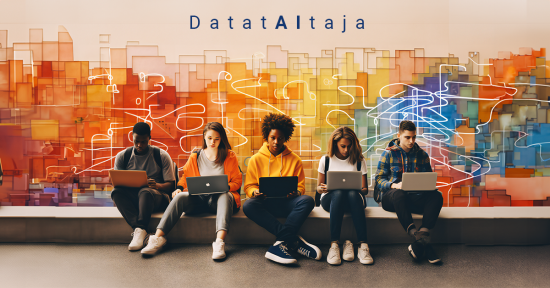Digitalisation and the mitigation of climate change have both become prominent conversation topics in the 21st century. Despite this, ICT services that are sustainable for the climate and the environment have not received enough attention. Practical knowledge and tools for promoting climate-conscious ICT for everyday use in organisations are in high demand. The Green ICT project, funded by REACT-EU via the Helsinki-Uusimaa Regional Council, supports local businesses with the twin transition to climate-friendly ICT service development. Additionally, the project directs both the private and the public sector in a switch to low-carbon ICT procurement.
The carbon footprint of ICT services in need of reduction
“It is estimated that the energy consumption of the ICT sector will be 6,000 terawatt hours by 2025, three times higher than the consumption in 2015,” says TIEKE executive director Hanna Niemi-Hugaerts. “It is about time to start reducing the carbon footprint of digital services in collaboration between the public and private sectors in Finland. At the beginning of 2021, the Finnish Government published the Climate and environmental strategy for the ICT sector, which emphasises the importance of developing and using climate-conscious ICT solutions in Finland.”
The project is funded from the European Union structural fund by the Helsinki-Uusimaa Regional Council between 2021 and 2023. The funding has been provided to the project partners through the REACT-EU (Recovery Assistance for Cohesion and the Territories of Europe) programme, as part of the recovery measures adopted to combat the COVID-19 pandemic.
“The project will improve the global competitiveness of the ICT sector in the Helsinki-Uusimaa region thorugh green technology and solutions. This is especially important due to the digital transitions that have been accelerated by the coronavirus pandemic,” Niemi-Hugaerts emphasises. In addition, software sevices is among the ten sectors with the most employees in the Helsinki-Uusimaa region. By investing in the green transition now, local ICT businesses can play their part in combatting the global climate crisis, anticipating future service needs and preparing for possible future regulation.
In practice, the project is divided into several focus areas. These include assessing the know-how of the local green ICT operators, guides for both sellers and buyers of green ICT, development of an ecosystem that keeps the topic relevant and supports self-assessment, and carbon-neutral product development of organisations. An eight-part webinar on reducing the carbon footprint in the ICT sector is a cornerstone for sharing information in the networks.
“It is about time to start reducing the carbon footprint of digital services in collaboration between the public and private sectors in Finland. At the beginning of 2021, the Finnish Government published the climate and environmental strategy for the ICT sector, emphasising the importance of developing and using climate conscious ICT solutions in Finland.”
Hanna Niemi-Hugaerts
Executive Director
TIEKE
Green ICT as a collaboration between developers, the professional community and researchers
The Green ICT partner organisations bring on board vital pro-development attitude, know-how of the scientific and the professional communities in the ICT sector and networks as well as an interest in the sector’s wider impact on. TIEKE’s project partners are LUT University and The Finnish Information Processing Association TIVIA.
“Currently, the ICT sector uses between 4 and10 per cent of the electricity generated annually in the world. Technology alone certainly does not save us from the effects on the climate. It must also be used correctly,” points out Jari Porras, professor of software engineering at LUT University. “It is essential that businesses receive guidance and tools for producing carbon neutral services. The topic is already being discussed in teaching at universities, but project work directed at businesses is accelerating the changes within the sector. That is why LUT is glad to be involved in the project.”
“As a community that brings together the professionals in the information and communications technologies, TIVIA considers participation in the Green ICT project to be extremely important,” says TIVIA CEO Janne Mustonen. “Climate conscious ICT needs a lot more visibility in Finland, and with this project we can raise this important global issue on a national level. At the same time, we are increasing the knowledge of our members and our community of the topic.”
Technology alone cannot save us from the effects on the climate. Technology must also be used correctly. It is essential that businesses receive guidance and tools for producing carbon neutral services.
Jari Porras
Professor of software engineering
LUT University
Green ICT project
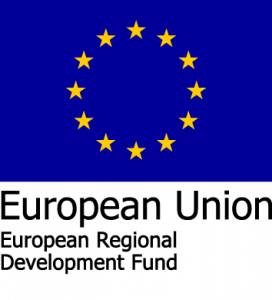
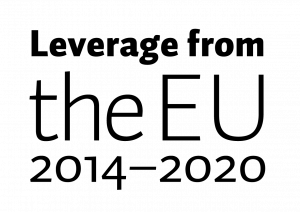
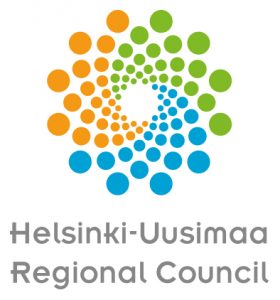
The project A Green ICT ecosystem – building sustainability and competitiveness for businesses in the Uusimaa region is funded by the REACT-EU-call from the European structural fund. Funding has been granted as part of EU recovery measures to lessen the effects of the COVID-19 pandemic.
Funding period
1. June 2021 to 31. May 2023
Project contacts
TIEKE: Hanna Niemi-Hugaerts, hanna.niemi-hugaerts[at]tieke.fi
LUT-university: Jari Porras, jari.porras[at]lut.fi
TIVIA: Janne Mustonen, janne.mustonen[at]tivia.fi

